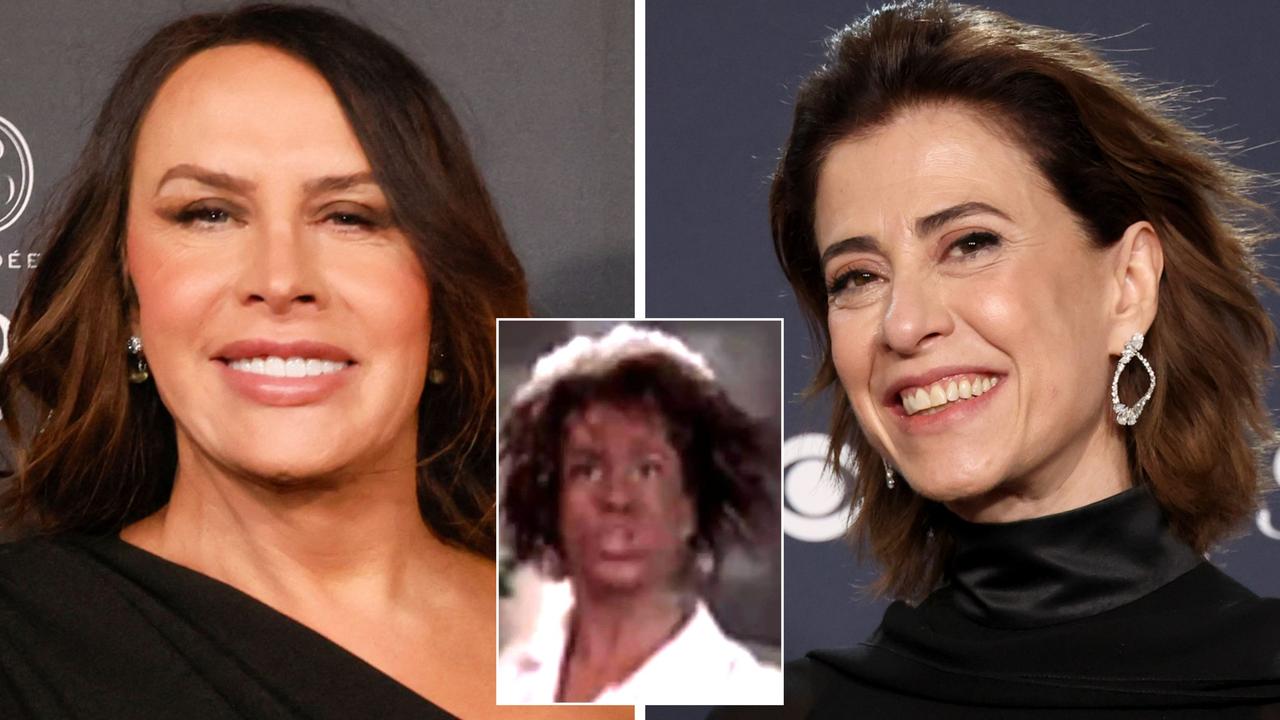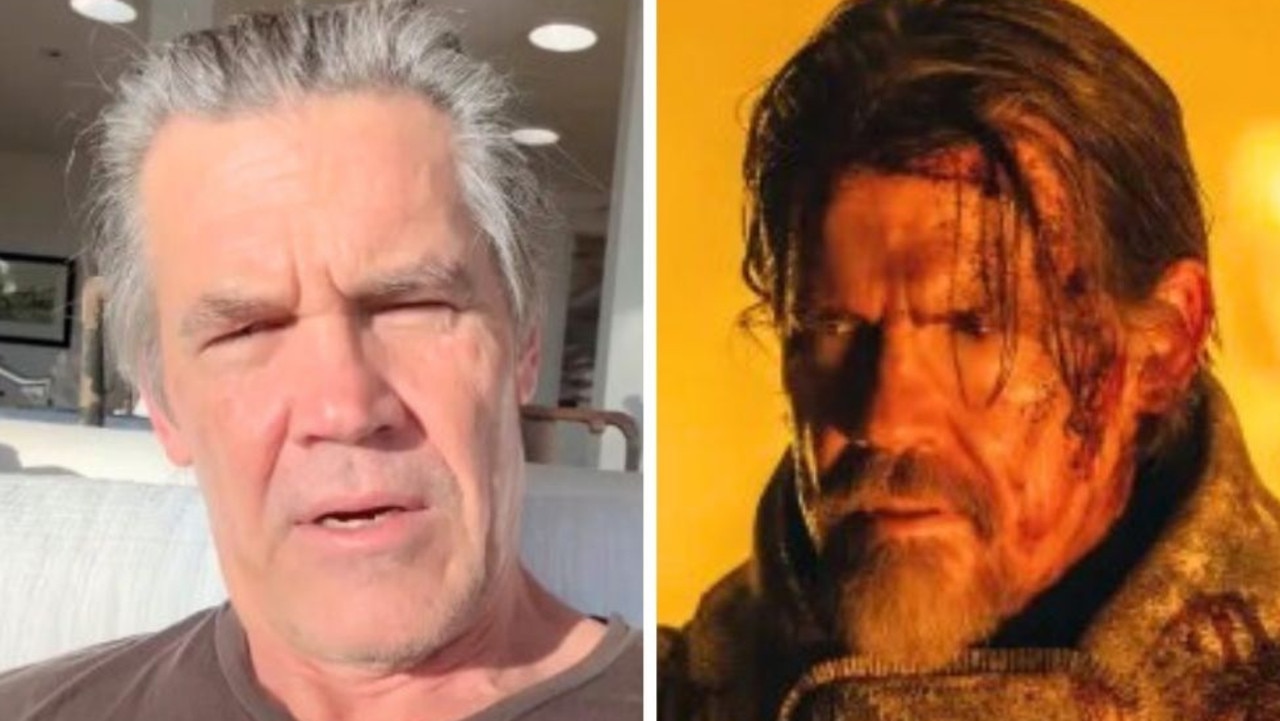What Will Smith’s slap tells us about childhood trauma
When you read Will Smith’s own words about his past, his slap at the Oscars becomes clear. It leaps out at you from the page.
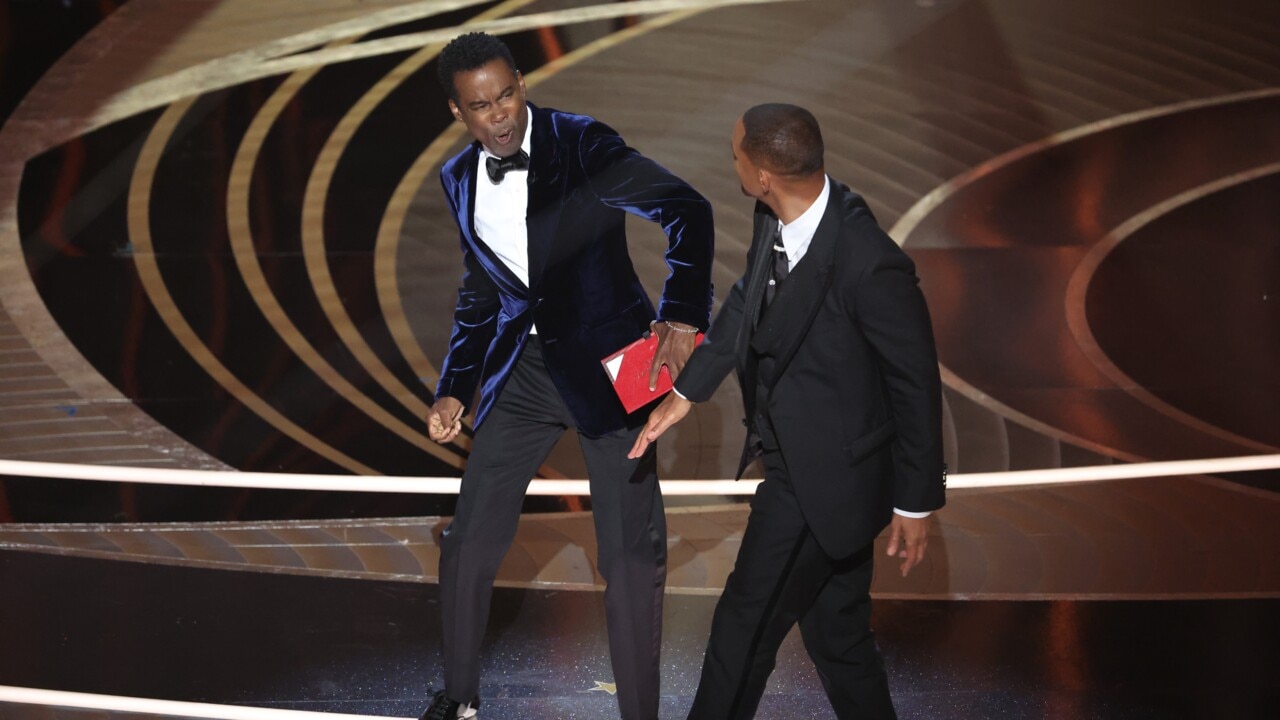
In his memoir, ‘Will’, the Hollywood actor Will Smith writes, “When I was nine years old, I watched my father punch my mother in the side of the head so hard that she collapsed. I saw her spit blood.
“That moment in that bedroom, probably more than any other moment in my life, has defined who I am.”
He went on to describe his millionaire lifestyle as an elaborate facade.
“What you have come to understand as ‘Will Smith’, the alien-annihilating MC, the bigger-than-life movie star, is largely a construction,‘’ he wrote.
“Within everything I have done since then – the award and accolades, the spotlights and the attention, the characters and the laughs, there has been a subtle string of apologies to my mother for my inaction that day.
“For failing to stand up to my father. For being a coward.”
In all the words that have been written about The Slap at the Oscars, that is what stood out to me.
Will Smith‘s own words, uttered in a glossy, celebrity-driven promotional tour for his book last year.
Not because it‘s an excuse or a justification for his actions on the Oscars stage which are clearly wrong.
It‘s been described as “sickening”, ”traumatising” and ”unacceptable”. It was all of those things.
But because this cultural moment, if you want to call it that, tells us something important about intergenerational childhood trauma.
As a journalist, what‘s always interested me is not simply the bad things people do, but why they do them. You don‘t need to be a psychologist to work out that on some level what occurred at the Oscars was a trauma response.
Stream more entertainment news live & on demand with Flash. 25+ news channels in 1 place. New to Flash? Try 1 month free. Offer ends 31 October, 2022 >
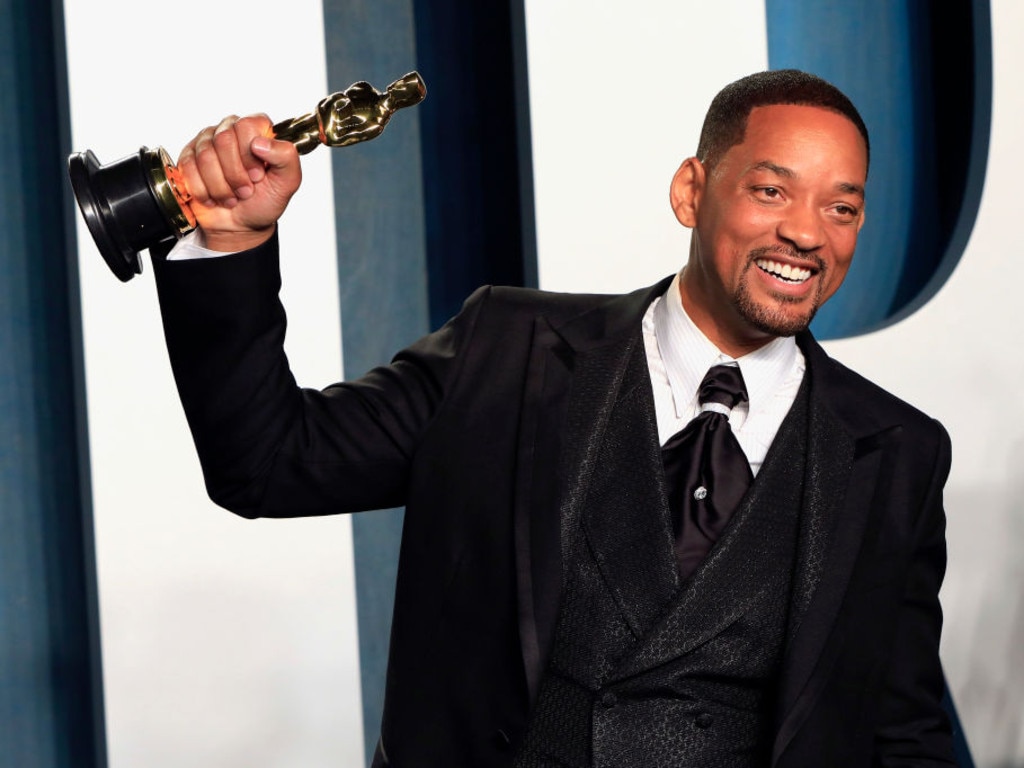
When you read his own words about his childhood it seems obvious. It leaps out at you from the page.
That‘s why on some level, I don’t see a 53-year-old man climbing those steps to slap Chris Rock. I see a 9-year-old child.
Watch the video again. Chris Rock makes a joke about Will Smith‘s wife, Jada Pinkett Smith who suffers from alopecia and is bald.
Referencing the actor’s bald head, he’d said: “Jada, I love ya. G.I. Jane 2, can‘t wait to see it.” As the crowd laughs, Smith laughs along. He claps.
His wife Jada closes her eyes and then rolls her eyes. It is only when he registers her reaction that the red mist descends and he takes action.
Suddenly he erupts onto the stage and slaps Chris Rock hard across the face to avenge his wife and on some level, his mother.
Was that action OK? No. Should we feel sorry for him and let him get away with it because he had a difficult childhood? No.
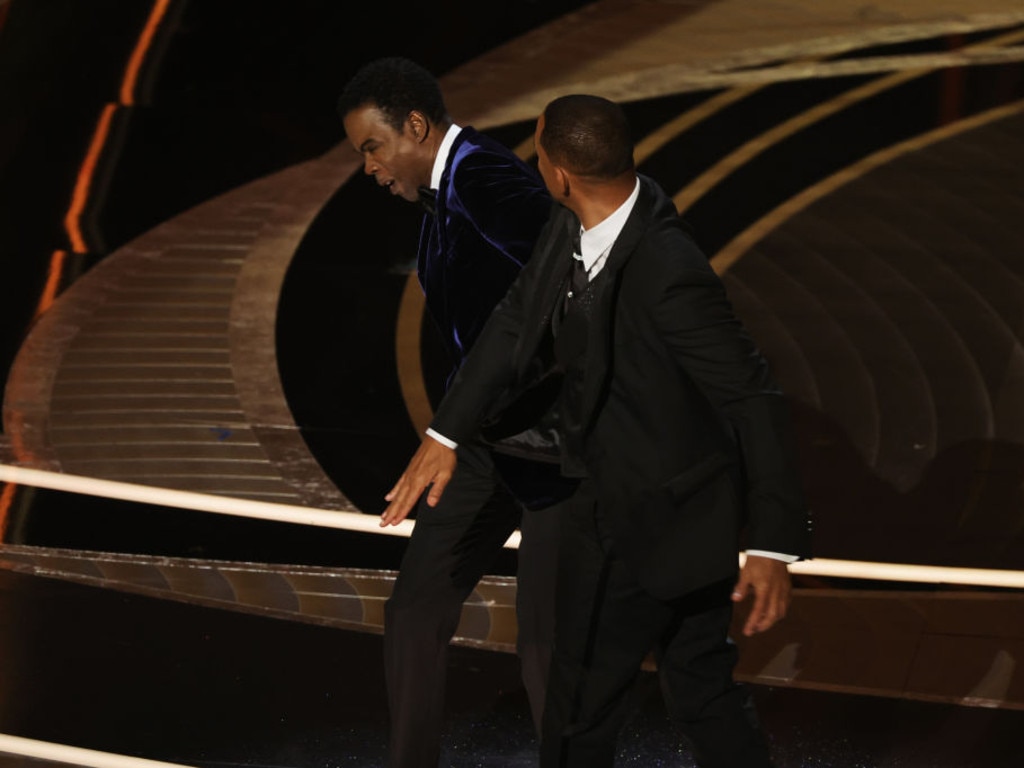
Should the Oscars have kicked him out ? Yes. They tried to according to press reports and Will Smith refused to leave.
Was this the actions of an entitled, millionaire movie star? Yes, it was all of those things. But it‘s also something more.
Oscars host Chris Rock has also previously spoken of his traumatic childhood which included being bullied and sexually assaulted.
The bullying he said meant that as a child “every day was hell.”
One day he confronted his attacker.
“I went home, I put a brick in a book bag — this is like a legendary story in my neighbourhood — I swung that shit and smacked the guy in the face with this brick and stomped on him, Joe Pesci–style, to the point that we thought he might die,” Rock said.
“Long story short, from that day on, as my shrink puts it to me: ‘You have been scared to be angry ever since,’” Chris said. “I was so scared of my anger.
The science of childhood trauma is well-established. Abuse and neglect can affect adults‘ brains for decades.
Prolonged trauma can literally rewire the brain. Poor impulse control, lashing out and being unable to control emotions and behaviour is central to this.
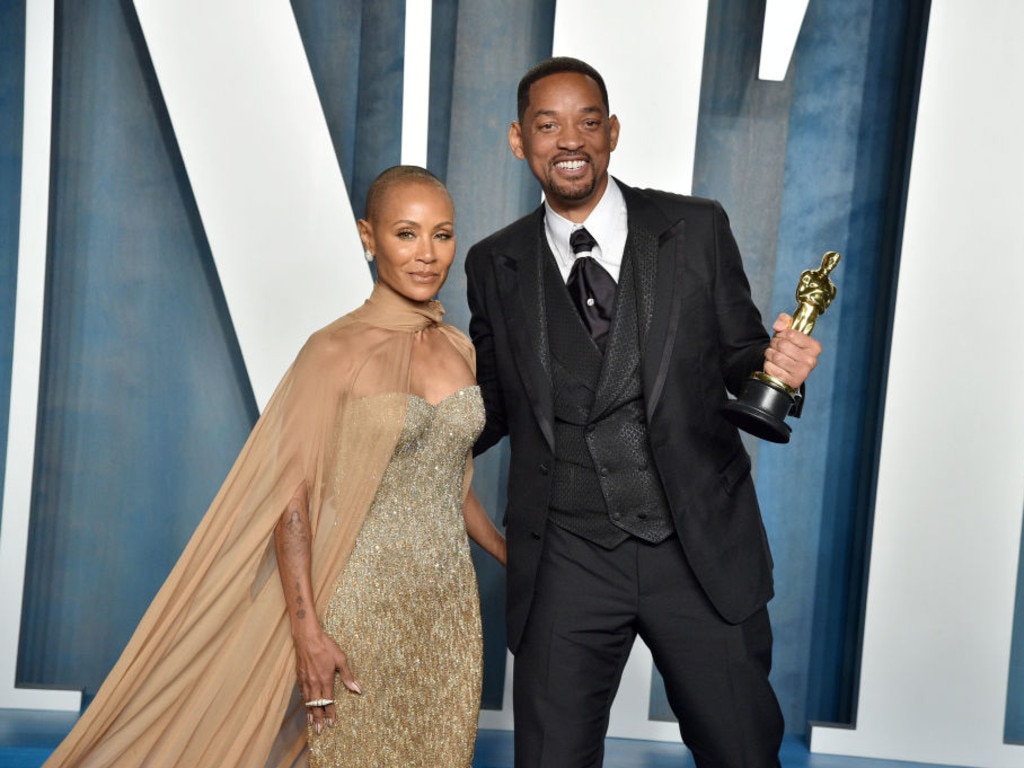
It‘s not the first time Will Smith has lashed out. 25 years ago, he was arrested after he allegedly ordered his bodyguard Charles “Charlie Mack” Alston, to pummel a music promoter.
Hendricks’ left eye orbit was fractured, and six stitches were needed to close the wound. Mug shots from that night show a fresh-faced Smith after his arrest where he spent a night in the cells in a police station.
So, it‘s not the first time he has used violence to solve his problems, just like his father.
But is the way Will Smith reacted in that moment useful to discussing the triggers for an epidemic of male violence?
I think so. Many men who bash their wives and abuse their children have experienced abuse themselves as children.
Does that excuse their actions? Never. But it tells us something about the why. Will Smith‘s own parents ended up divorcing in 2000.
Years later, when his father developed cancer and was using a wheelchair, he writes that he fantasised about murdering him.
“As a child, I’d always told myself that I would one day avenge my mother,” he wrote.
“I paused at the top of the stairs. I could shove him down and easily get away with it. Thank God we’re judged by our actions and not our trauma-driven, inner outbursts.”
This week, Will Smith is being judged for his actions and his trauma-driven inner outbursts.
Rightly so. But to address male violence we need to reflect on the lifelong impact of intergenerational childhood trauma on adults.



